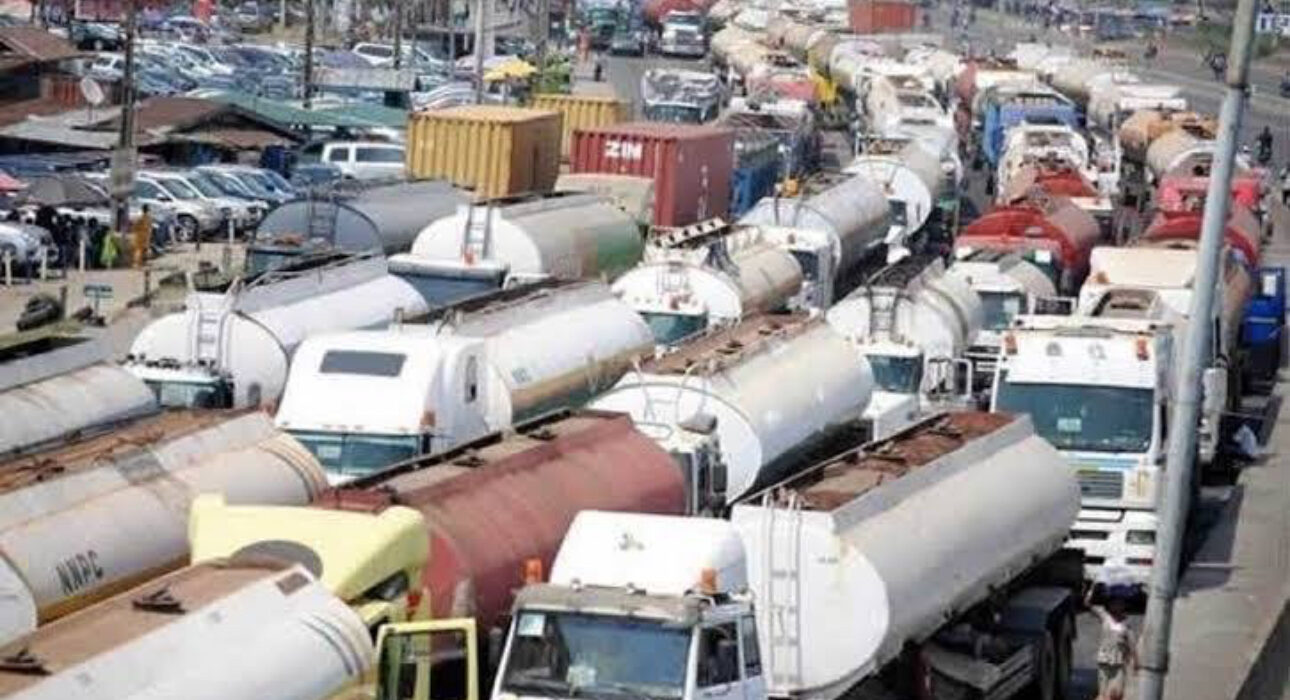FG Outlaws Night Movement for Fuel Tankers, Introduces New Safety Regulations

In a significant move to enhance road safety and prevent fatal accidents involving petroleum tankers, the Federal Government has announced a nationwide ban on night-time operations for fuel tankers.
The decision, effective immediately, was disclosed by the Nigerian Midstream and Downstream Petroleum Regulatory Authority (NMDPRA).
Under the new directive, all fuel tankers are restricted to operate only between the hours of 6:00 a.m. and 6:00 p.m.
The NMDPRA emphasized that the ban is aimed at curbing the increasing number of tragic accidents caused by petroleum tankers, especially during nighttime hours when visibility and response times are compromised.
This decision comes in the wake of several deadly incidents, including the 2025 Suleja explosion that claimed over 100 lives and the 2024 Majiya disaster that resulted in more than 200 fatalities. These tragedies have drawn national attention to the urgent need for comprehensive safety reforms in the petroleum transportation sector.
Alongside the night driving ban, the federal government has unveiled a series of sweeping safety reforms designed to further safeguard lives and property.
These include:
• Capacity Limits: Effective March 1, 2025, fuel tankers carrying more than 60,000 litres have been barred from Nigerian roads.
By the last quarter of 2025, the government plans to reduce the maximum allowable load per truck to 45,000 litres to reduce accident severity.
• Mandatory Safety Protocols: A 10-point safety checklist has been introduced for all truck operators. This includes mandatory vehicle roadworthiness checks, driver fitness assessments, and the requirement for all trucks to be equipped with safety gear such as fire extinguishers and emergency response kits.
• Color Coding and Branding: To improve monitoring and identification, all petroleum tankers are now required to be color-coded and clearly branded with company names and safety compliance indicators.
• Monitoring and Enforcement: A 13-member technical working group has been established to enforce these new regulations, monitor compliance, and provide ongoing recommendations for safety improvements.
The NMDPRA stated that these decisions were made in close consultation with stakeholders in the downstream petroleum sector.
“The safety of Nigerians is paramount, and the tragic loss of lives from tanker-related accidents is no longer acceptable,” a spokesperson for the agency said.
The government has urged all operators in the sector to comply with the new regulations and warned of strict penalties for violations.
The ban has received mixed reactions. While safety advocates have praised the initiative as long overdue, some industry players have expressed concerns about the potential impact on fuel distribution timelines and operating costs.
However, the government maintains that public safety must come first.








